Global perspective on poultry investment
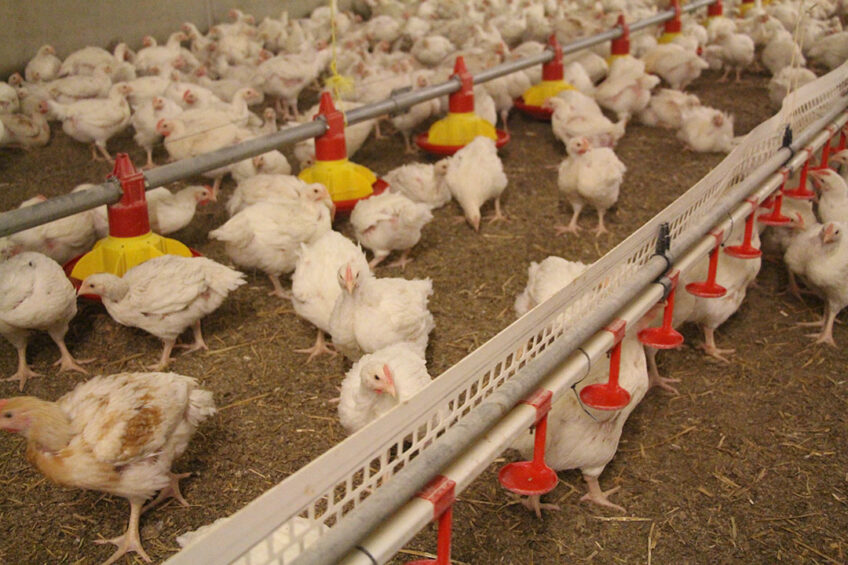
Southeast Asia and – to a lesser extent – Eastern Europe are the most attractive regions for investment in poultry production, according to Rabobank. In Europe, the higher welfare broiler market will become a key theme for investors, partly due to the so-called Better Chicken Commitment which the EU and the US have signed up to under pressure from NGOs.
According to Nan-Dirk Mulder, senior global specialist in animal protein at Rabobank, there are a handful of issues that currently have a major impact on economic dynamics in the short term. These are African Swine Fever, avian influenza, input cost inflation due to feed price levels and Covid-19 fallout.
As Mulder explains, “These 4 things have a huge impact worldwide. As a result of the Covid-19 measures, the foodservice industry in parts of the world has been, and sometimes still is, almost completely shut down.”
Mixed picture
In some regions of the world, the economy was back to normal after Covid-19 but further to new outbreaks, anti-corona measures are being re-introduced in some regions. “Due to Covid-19 it will be a bumpy road to recovery,” Mulder says. Plus there is also input cost inflation. “Worldwide, feed has become more expensive since the second half of 2020, and prices have exploded as a result of the war in Ukraine. This has led to many uncertainties, moving forward,” Mulder explains.
Investment opportunities
When it comes to investment opportunities Mulder has a clearer picture. The prospects for investment opportunities in Southeast Asia are downright rosy, according to the Rabobank specialist. This growth is mainly driven by increasing urbanisation and the shift from vegetable to more animal consumption due to rising prosperity.
“You also see that people in this region increasingly buy in supermarkets or through food service. For Vietnam, India, Indonesia, Bangladesh and the Philippines, I envisage growth of around 5-10% per year in the coming years.” What is also changing in those countries is that customers increasingly demand homogeneous products with traceable food safety and affordability. Mulder expects that 80% of the growth in the poultry sector will be in emerging markets and of that 80%, no less than 60-65% of that growth will be in Southeast Asia.
Polish poultry sector booming
The booming poultry sector in Europe is mainly found in Poland. “This is currently the most desirable country among investors and poultry farmers,” says Mulder. “You could currently even compare Poland with the countries in Southeast Asia in terms of opportunities. In all these countries therefore it is also beneficial to start a business as a poultry farmer.”
1.6 million tonnes of additional poultry products
According to Rabobank, overall growth for Europe will be about 1 to 1.5% per year. This amounts to about 1.6 million tonnes of additional poultry products. And this meat will have to be produced in an increasingly sustainable and environmentally friendly way. Rabobank expects that by 2026, 20% of poultry meat will already come from higher welfare broilers, up from 8% currently.
“Especially slow-growing will become an increasingly more important market,” says Mulder. “Partly due to producers and supermarkets introducing new standards or concepts based on slower-growing chickens and partly due to the pending so-called European/Better Chicken Commitment (ECC).”
Mulder adds: “This will have a global impact as suppliers to customers who adopt ECC will need to follow the same ECC standards as European suppliers.” The necessary volume growth (1.6 million tonnes in the next 5 years) will come mainly from the southern and eastern areas of Europe. “Apart from powerhouse Poland, Hungary, Romania and Spain could chip in.”
Last but not least, Mulder sees possible growth in the UK. “Brexit has created more opportunities in the UK. The slogan in the UK now is ‘Buy British’ or ‘Buy Local’. And they can easily export these high standard products to other parts of the world.”
 Beheer
Beheer


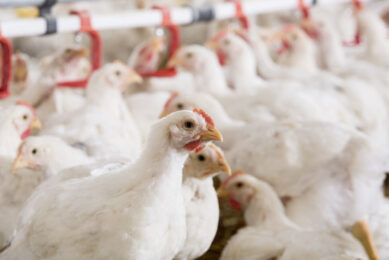
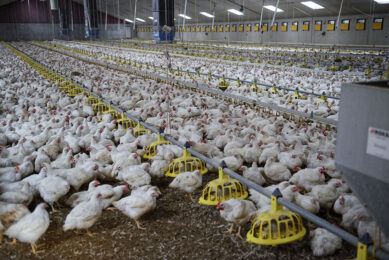
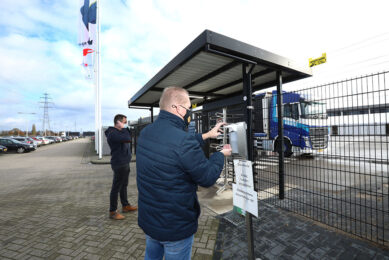
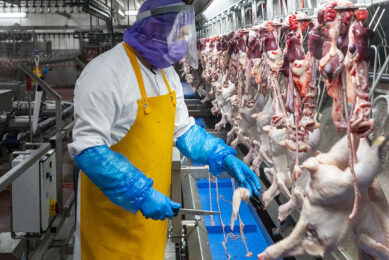





 WP Admin
WP Admin  Bewerk bericht
Bewerk bericht